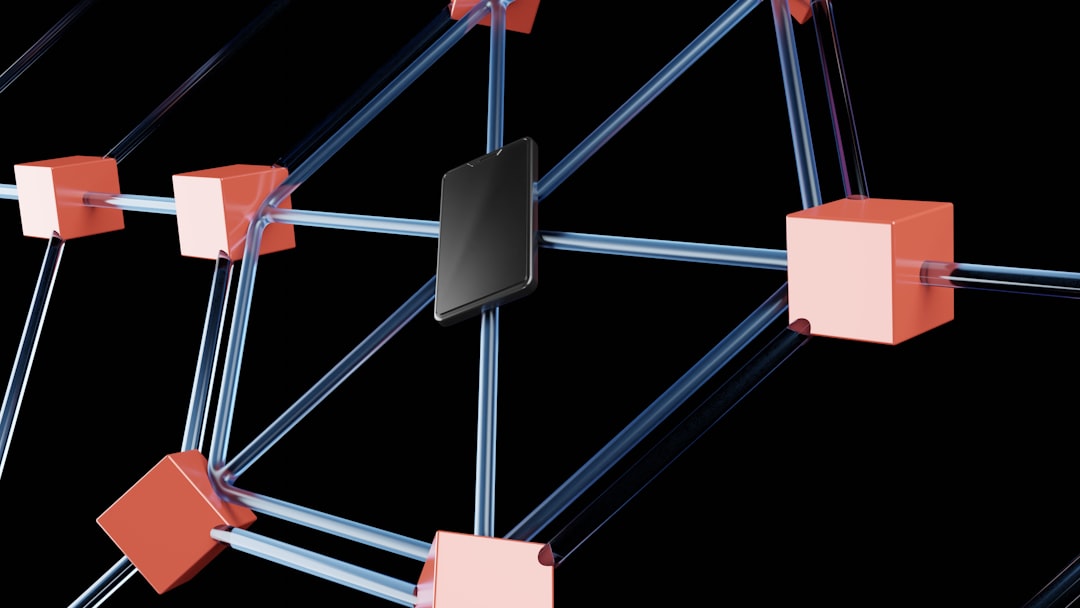In a digital era where data breaches, surveillance, and cyber-attacks are escalating at an unprecedented pace, the need for enhanced security and anonymity has never been more pressing. The IP2 Network enters the scene as a transformative technology, reshaping how individuals and businesses safeguard their digital presence. By combining decentralized protocols with cutting-edge encryption and peer-to-peer connections, the IP2 Network is revolutionizing data security and online anonymity in profound ways.
What is the IP2 Network?
At its core, the IP2 Network is a next-generation, decentralized web infrastructure designed to provide anonymous and secure communication between users across the globe. Unlike traditional internet systems that rely heavily on central servers and known IP addresses, the IP2 Network routes traffic through a distributed architecture that masks identities and decentralizes control.
The IP2 Network employs a self-routing protocol that ensures end-to-end encryption, and user metadata is hidden at every point along the communication chain. This not only protects the contents of messages but also obscures who is sending or receiving them, making tracking and eavesdropping virtually impossible.

How IP2 Network Ensures Anonymity
One of the standout features of the IP2 Network is its emphasis on anonymity. Traditional VPNs and proxies mask user identities only to a limited extent. While your IP may be hidden from casual observers, these systems still rely on centralized servers that can become weak points for governmental surveillance or data harvesting.
In contrast, the IP2 Network uses a peer-to-peer network topology coupled with onion routing mechanisms. Rather than passing traffic through a single server, data is wrapped in multiple layers of encryption and hops through several nodes. Each node peels away one layer, revealing the next destination but never the origin. This makes it virtually impossible to trace communications back to their source.
Advantages Over Traditional Networks
The IP2 Network offers numerous advantages over conventional security solutions:
- True Decentralization: No central authority, lowering the chances of single points of failure or compromise.
- Military-Grade Encryption: Data is encrypted at every hop, providing advanced privacy protections.
- Open Source and Transparent: Anyone can audit and contribute to the codebase, improving trust and reliability.
- Resistant to Censorship: Governments and ISPs have a hard time blocking access due to its distributed nature.
- Private Identity Management: Unlike the public web, the IP2 Network does not require personal identification to operate securely.
Use Cases of the IP2 Network
The real power of the IP2 Network is evident when considering its practical applications. These include:
- Secure Messaging: Anti-surveillance chat applications that are impenetrable to eavesdropping.
- Decentralized Hosting: Hosting websites and content without relying on traditional service providers.
- Private File Sharing: Transfer sensitive files without exposing identity or location.
- Whistleblower Protections: Enables secure leaking of confidential information without fear of exposure.
- Financial Privacy: Supports integration with anonymous cryptocurrencies for untraceable transactions.
IP2 vs. Tor and VPNs
While Tor and VPNs have offered some measure of privacy, they are not without limitations. VPNs act as secure tunnels but trust is placed in the service provider. Tor improves on this with onion routing but still relies on a limited number of volunteer-run relays, and performance can suffer as a result.
The IP2 Network takes the best of Tor and VPN concepts and enhances them with a more robust, decentralized architecture and better bandwidth handling. Unlike Tor, IP2 nodes can be incentivized, ensuring a healthier network and minimizing latency issues. VPNs are especially susceptible to legal compulsion and logging policies—issues the IP2 Network sidesteps entirely by design.

Impact on Digital Rights and Freedoms
The implications of the IP2 Network go far beyond technical advantages. It represents a significant shift in how individuals reclaim ownership of their digital rights. In nations where free speech is curtailed or surveillance is omnipresent, the ability to access and share information privately is crucial.
More than just a tool for privacy enthusiasts, the IP2 Network supports activism, journalism, and academic research where secure communication mediums are essential. It empowers users to resist censorship and contributes to a more open, equitable web.
Security Through Community
One of the unique aspects of the IP2 Network is its strong community-driven development model. Unlike corporate solutions that prioritize profit, the IP2 ecosystem thrives on collaboration and transparency. This not only builds trust but allows rapid identification and patching of security vulnerabilities.
Community members can run nodes, develop plugins, and enhance security algorithms. This type of open-format development ensures continual upgrading of the network’s capabilities in response to evolving cyber threats.
Challenges and the Road Ahead
Despite its promising features, the IP2 Network is not without challenges. Mass adoption hinges on usability enhancements, better user documentation, and seamless integration with existing applications. There is also the perpetual struggle between privacy and regulation, where governments may try to limit the use of tools like IP2.
However, the project shows no signs of slowing down. Ongoing development is focused on improving speed, interoperability, and accessibility, with the long-term goal of making the IP2 Network a viable alternative to the current centralized internet model.
Conclusion
The IP2 Network is not just a technical innovation—it is a symbol of a broader movement toward digital sovereignty and empowerment. As data becomes the new currency, protecting it becomes paramount. With its revolutionary approach to anonymity and data security, the IP2 Network is poised to be a cornerstone of the future digital age.
FAQ: Common Questions About the IP2 Network
- Q: Is the IP2 Network legal to use?
A: Yes. Using privacy-focused tools is entirely legal in most countries. However, it’s essential to check local laws, as some countries may impose restrictions. - Q: Can the IP2 Network be blocked by ISPs?
A: The decentralized nature and obfuscated traffic patterns make IP2 highly resistant to blocking, although nothing is entirely undetectable with sufficient resources. - Q: How does IP2 compare with Tor?
A: IP2 offers similar onion routing but enhances it with a fully decentralized, incentivized node network for better performance and resilience. - Q: Is IP2 suitable for businesses?
A: Absolutely. Businesses can use IP2 to secure communications, protect customer data, and avoid industrial espionage. - Q: Are there any costs to using the IP2 Network?
A: In most implementations, it is free. However, certain advanced features or enhanced nodes might offer premium services in the future.



